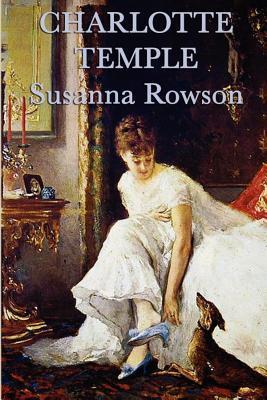What do you think?
Rate this book


139 pages, Kindle Edition
First published January 1, 1790
 come to my blog!
come to my blog!To the girls: don't run away with a young man. Stay with your loving, pious parents, or your moral integrity will be irreparably compromised. Should you stray from the path of righteousness, you will die.
To the boys: don't ruin a young girl with false promises of romance. You'll become an old man riddled with regret for your foolish and selfish actions. You do get to live though...